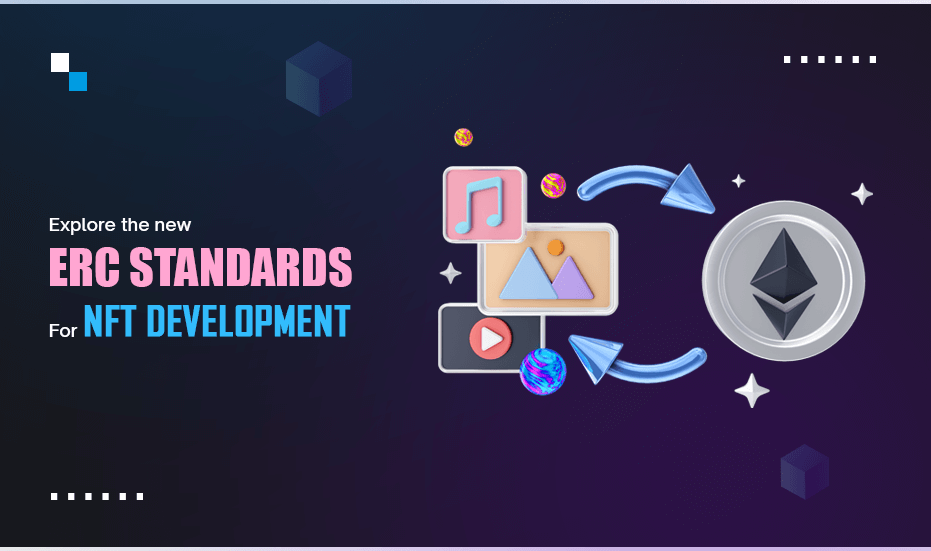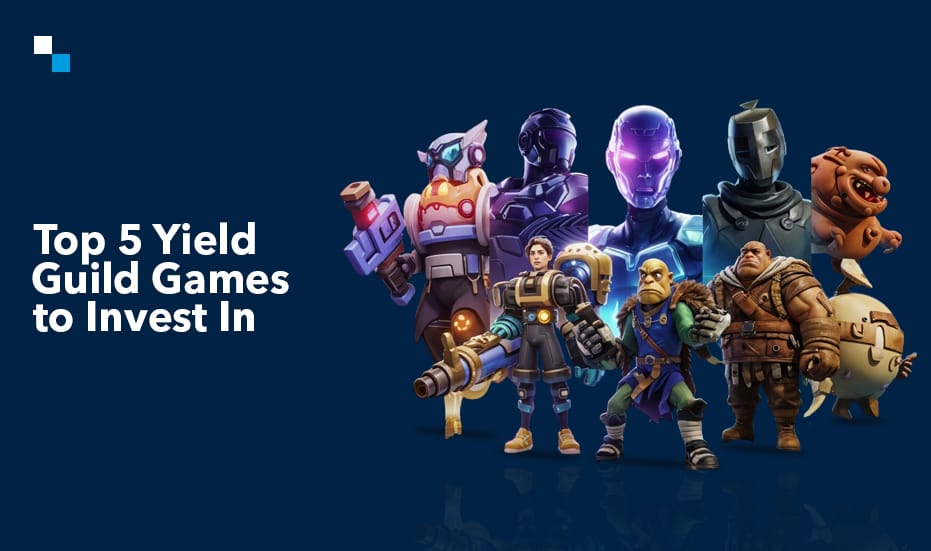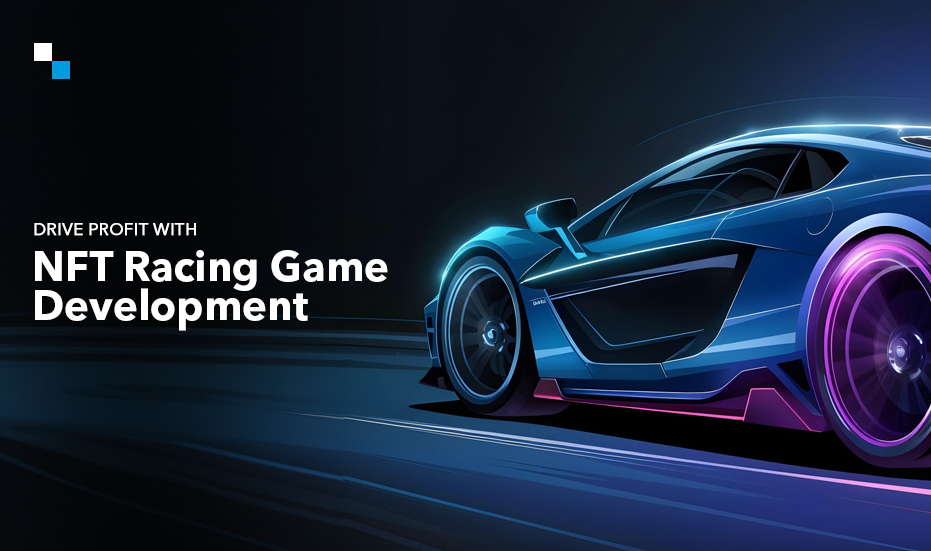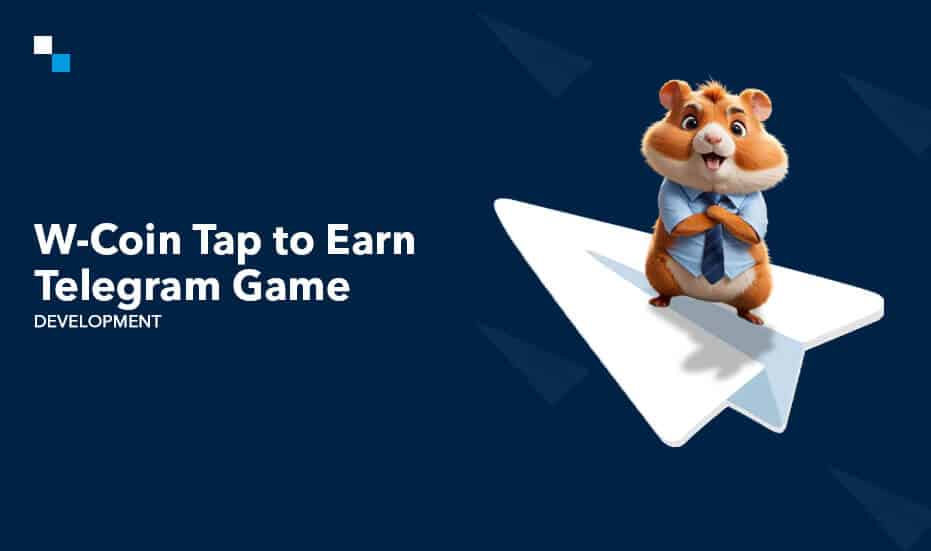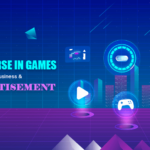
Hire Metaverse Experts For Business & Education Apart From Metaverse Game Development
October 19, 2022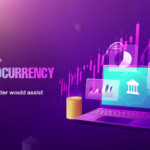
Conversational AI Banking With Digital Asset Bank Development
October 20, 2022NFTs or Non-fungible tokens are digital tokens with unique IDs. Each NFT has associated metadata that defines what the NFT actually is. However, for each NFT token development, the creators need to follow a set of rules. These rules are coded in an NFT token standard which provides information about the smart contract and the NFT features.
There are quite a few NFT standards in the blockchain industry and each has its own set of advantages and disadvantages. This blog will introduce you to various NFT Development standards in the easiest way so that you can decide the most suitable standard as per your requirement:
- Ethereum Blockchain NFT Development Standards
- ERC-721:
ERC-721 is the most commonly used standard for NFT Token Development. It defines rules to create NFTs for single assets on the Ethereum blockchain. An NFT developed on the ERC-721 token standard is capable of storing detailed meta-information and transaction history. Since an ERC-721 NFT token can record the transaction history, it facilitates copyright ownership details as well as royalty payments associated with each resale of an NFT.
Some of the most popular ERC-721 NFTs are Crypto Kitties, Bored Ape Yatch Club, and Cool Cats. - ERC-1155:
A smart contract developed as ERC-721 can allow users to manage only non-fungible tokens. However, ERC-1155 is Ethereum’s universal token standard that allows users to manage different types of Ethereum tokens. As NFT Development Services provider, we can develop an ERC-1155 token that can contain both ERC-20 or ERC-721 tokens. Thus, a user can manage different token standards in a single transaction. This is a big advantage as it lowers gas fees and reduces network congestion. Using ERC-1155 tokens, a token transfer rate of 155 assets per second was achieved.However, the ERC-1155 token standard has a drawback. It cannot record the transaction history. As a result, it cannot be used to facilitate royalty payments for the resale of NFTs. - ERC-998:
It is an NFT development standard that allows users to merge several NFTs into one NFT. As an extension of the ERC-721 token standard, ERC-998 is composable and is capable of holding both ERC-721 and ERC-20. The main difference between ERC-1155 and ERC-998 token standards is:ERC-1155 – Register non-fungible and fungible tokens into a single smart contract.
ERC-998 – Merges non-fungible and fungible tokens into one NFT and can also be called a portfolio of assets that can be traded. - ERC-4610:
As an NFT Development Company, we understand different dApps have different use cases of NFTs. Thus on need bases, we use ERC-4610 which standardizes the play-to-earn yield generation process. It allows players to borrow NFTs from other gamers while they still earn the rewards. Basically, ERC-4610 is a liquidity protocol and it enables non-custodial lending of NFTs. - ERC-404: ERC-404 lets you own a “piece of the pie”, even for high-value NFTs. Divide them into fractions, boost their liquidity, and trade them easily. Explore exciting new possibilities like fractionalized DAOs and real-world asset ownership. This experimental token standard shatters NFT limitations by enabling fractional ownership.
- ERC 7007: ERC 7007 is an extension of the widely adopted ERC-721 standard, the cornerstone for creating and managing unique tokens on the Ethereum blockchain. However, ERC-7007 goes beyond the functionalities of its predecessor, introducing critical features specifically tailored for AIGC. Prominent features of ERC-7007 include- Verification of AIGC Origin, Enhanced Minting and Management, Metadata Expansion, and Interoperable Interfaces.
- ERC-721:
- Binance Smart Chain Blockchain NFT Development Standards:
Before we explain the BSC NFT standards, it is important to understand that Binance Smart Chain is interoperable with Ethereum. That is because it has a built-in Ethereum Virtual Machine (EVM).As a result, Binance Smart Chain NFTs have two token standards similar to ERC-721 and ERC-1155
a) BEP-721
b) BEP-1155
However, there is a slight difference between the Ethereum and BSC NFT standards.Develop your own NFT Token with Us
Schedule Free DemoAs an NFT Development Services provider, we see two major advantages of BEP-721 NFTs over ERC-721 NFTs
- Low fees
- Faster transactions
Just like ERC-1155, BEP-1155 offers the following advantages over BEP-721:
- Several unique tokens can be transacted at once using a single smart contract. These tokens can be both fungible and non-fungible.
- It supports atomic swaps and batch transactions.
As a result, BEP-1155 is considered to be most suitable for blockchain games.
c) BEP-129
The BEP-129 NFT development standard is an extension of ERC-721 and is specifically designed for GameFi. Unlike ERC-721, BEP-129 allows gamers to customize their digital assets to enhance their in-game skills. Additionally, the metadata in BEP-129 is not stored off-chain and it also allows verified NFT owners to modify the NFT metadata. - Tezos Blockchain NFT Development Standards
Tezos blockchain has gained a lot of popularity in the blockchain space. The NFT development standard on Tezos is known as TZIP-12 and it allows users to manage both fungible and non-fungible tokens. As an NFT Development Company, we understand the main feature of TZIP-12 is its ability to embed a hash from IPFS into the metadata of the NFT. This is one of the best ways for Web3 projects that NFTs. This is because using IPFS hash in NFTs ensures the images won’t change or go offline.
How to choose a suitable NFT standard?
Of all the NFT standards we discussed in this blog, Ethereum’s ERC-721 is the most popular one. However, the Ethereum network faces congestion and high gas fees every now and then. Thus the most obvious choice for NFT development will be the one that offers:
- Low network fees
- Suitable features for your project
- Scalability
- Interoperability
Final Words
Over the last couple of years, Ethereum continued to dominate the NFT development market. However, with increasing network congestion and gas prices, developers, and NFT Development Company like Antier have started to slowly move towards other blockchains like Tezos, BSC, Flow, and more.
Antier has mastered the art of NFT Token Development. Our expert developers combine creative ideas with cutting-edge technologies to deliver a state of art NFT development. Contact us now!
